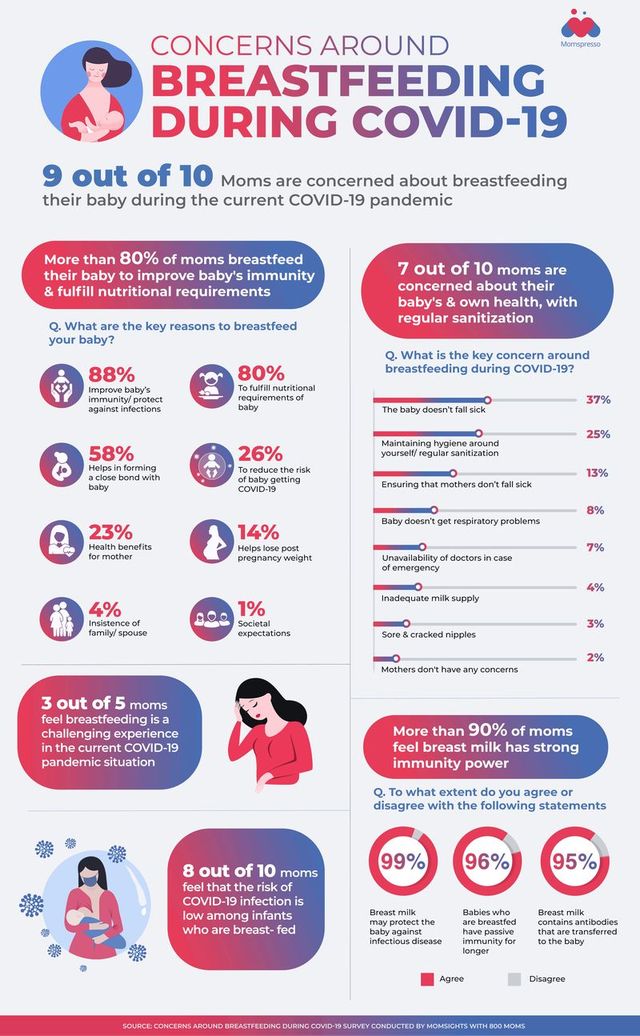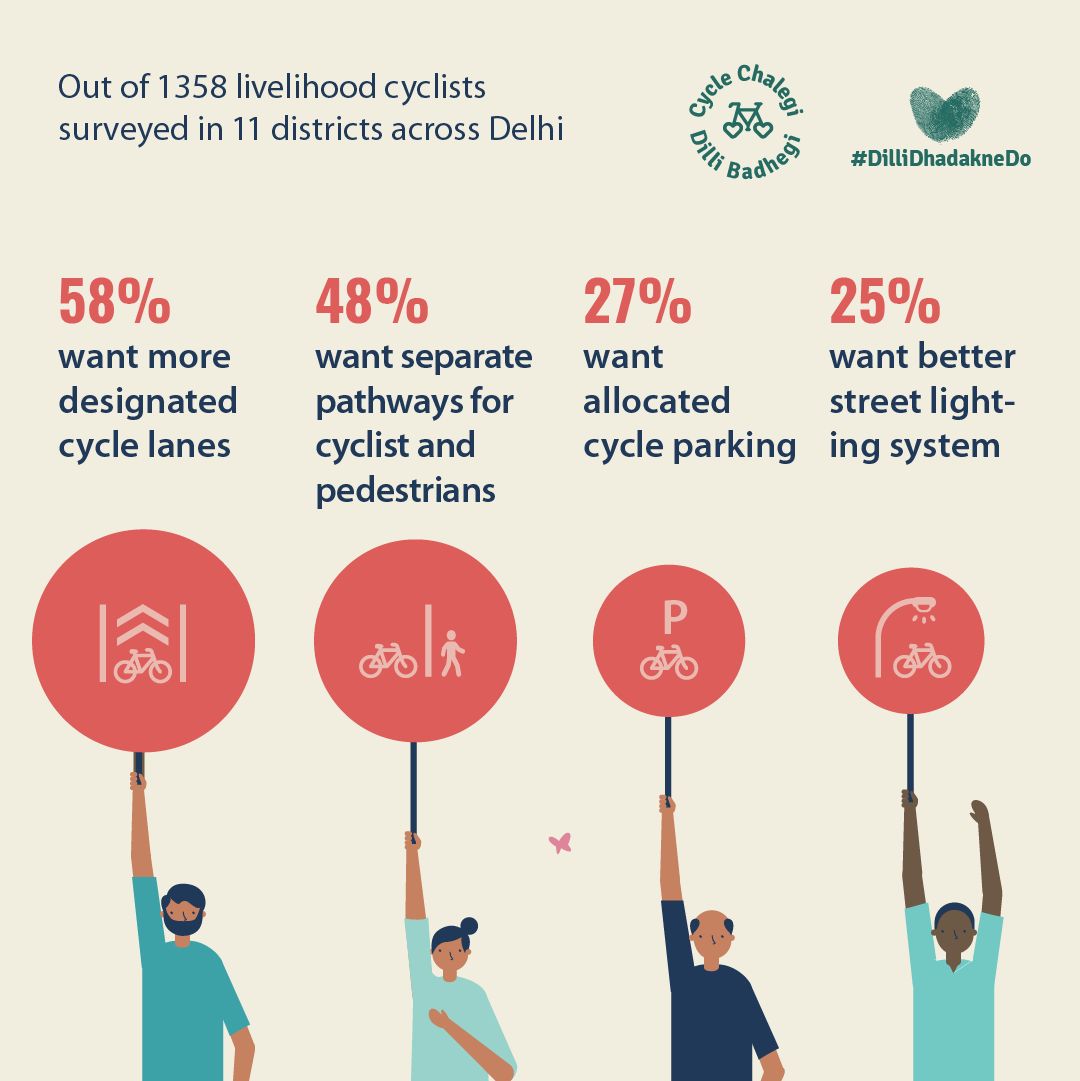Advancing Sustainability in the Beauty Industry
While consumers have been demanding safe products for their skin for years, the push for sustainable beauty brands has increased manifold as the new generation enters the industry’s target bracket. New-age consumers, especially millennials and GenZ, are making brands rethink their sustainability practices and take steps towards advancing these actions as the effects of global warming, deforestation, and oceanic pollution become more apparent.
Recent trends suggest that today’s customers prefer brands that use buzzwords like ‘natural extracts’, ‘organic’, ‘ethically-sourced’, etc. These terms give users assurance that the products they are using are safe not for them, but also the planet. Therefore, leading beauty brands are trying to step up their sustainability strategy to meet the evolving needs of consumers and the industry. Here’s a look at some ways in which brands are increasing their focus on environment-friendliness.
Protecting the climate
Climate change is perhaps the most critical ramification of carelessness towards sustainability. Beauty brands must reassess their processes right from manufacturing to delivery of products to ensure that they are not detrimental to the environment. For instance, manufacturing units can become a huge part of a beauty brand’s sustainability strategy. Brands like Oriflame are trying to reduce their impact on the environment by using 100% renewable electricity across their manufacturing units so that the brand takes the earth-friendly approach right from the first step of production.
Not just manufacturing units, companies can ensure that their offices, and all other aspects of business leverage renewable energy to minimize the impact on the planet as much as possible. Installing solar panels at factories and manufacturing facilities and doing regular energy audits are some of the ways of achieving this goal.
Further, carbon emissions that are released during the manufacturing, as well as transportation processes of most products, play a major role in climate impact. Thus, beauty brands can reduce their CO2 emissions by opting for environment-conscious logistics to reduce their impact. With such careful consideration, beauty brands can ensure that they are good for the earth.
Keeping the oceans clean
Oceans – the source of life-sustaining water and home to multitudes of marine species – get contaminated with run-off from the manufacturing processes of brands. Moreover, several beauty brands use harmful plastic microbeads in their scrubs that choke marine life once they enter the water system. Wash-off from face washes can also contain toxins that can upset the balance of the oceanic ecosystem.
To address these problems, brands like Oriflame are ditching these harmful practices and using 100% natural-origin exfoliants like almond shells in their scrub products that do not pollute the earth. They are also choosing to use bio-degradable ingredients in their rinse-off products and masks to further the cause. Finding inspiration in nature and respecting the environment is key to the brand’s philosophy and this truly gets reflected in its sustainable practices and products.
Another way of ensuring that a brand is doing good for the oceans is to reduce water usage at factories and use recycled plastic to keep it far away from the oceans.
Forest conservation
Forests are a vital part of global and local ecosystems: they provide habitats, preserve biodiversity, clean our air and water, absorb carbon, and provide people with materials, food, and livelihoods. The largest threat to our forests today is deforestation. According to the World Wildlife Fund (WWF), 18.7 million acres of forests are lost annually due to deforestation.
Beauty brands, especially in the direct-selling business, often use catalogues to reach out to potential and existing customers. Leading sustainable brands are working towards sustainable forestry practices with the main goal to source 100% of paper and board packaging and catalogues from either credibly certified sources or recycled materials. In practice, this means giving preference to Forest Stewardship Council (FSC™) certified paper when possible.
Charting a sustainable route to beauty: The way forward
Being respectful towards the earth’s flora and fauna is as important as creating high-quality and effective products. To achieve these goals, brands are opting for natural extracts that have been certified safe. They are ensuring that the ingredients they use do not come from endangered sources and focus on celebrating the earth’s natural bounty through their products.
Sustainability is the future of beauty in India and the world. While these products will be available at higher price points, they will definitely be embraced by new-age consumers with higher awareness levels. Fortunately, numerous beauty brands are already doing their bit to contribute to the earth’s well-being. Considering this fact, the future of the beauty industry and the earth looks quite promising.

Mr Fredric Widell’s presence in Oriflame as VP and Head of South Asia & Managing Director India ensures that the core values of the company are manifested truthfully. His aim is to build Oriflame India as the leading company in beauty and skincare selling direct. His previous assignments included being Managing Director for four different key Oriflame markets; Sri Lanka, Vietnam, India and Indonesia; as well as being the VP & Head in the former Asia Pacific region.
Views of the author are personal and do not necessarily represent the website’s views.
Thank you for reading. Please drop a line and help us do better.
Regards,
The CSR Journal Team
World Breastfeeding Week 2020: Breast milk builds immunity in babies
There is a well-established connection between breastfeeding and immunity building in babies. This is further corroborated by results of a new survey by Momspresso, which reveals that 9 out of 10 moms breastfeed to improve their baby’s immunity whereas 4 out of 5 breastfeed to fulfill their nutritional requirements. The survey was conducted on the occasion of World Breastfeeding Week 2020 by Momspresso.com, a popular user-generated content platform for women.
The theme of World Breastfeeding Week 2020 is “Support breastfeeding for a healthier planet”. In line with this theme, WHO and UNICEF are calling on governments to protect and promote women’s access to skilled breastfeeding counselling, a critical component of breastfeeding support.
Titled ‘Concerns Around Breastfeeding During COVID-19’, the survey by Momspresso suggests 99% of moms feel breast milk may protect the baby against infectious disease while 9 out of 10 moms think babies who are breastfed have passive immunity for longer. Moreover, 96% of the respondents aptly believe that breastmilk contains antibodies that are transferred to babies, giving them the strength to fight diseases.

Speaking on the survey results, Parul Orhi, Founding Partner & Chief Editor, Momspresso said, “In the past, we have carried our Breastfeeding Survey to figure out the challenges that Indian mums face while feeding their babies at home, at work or in public spaces. This year, however, the survey was conducted with the most peculiar and unprecedented situation in its backdrop. Mums are more concerned than ever before about the health and immunity of their babies and understand that breastfeeding is key to immunity-building in infants and young babies. A major chunk of mums are well-informed about the undeniable benefits of breastfeeding and are taking the necessary precautions like self-hygiene to ensure that their babies remain safe from infection during the outbreak.”
The survey was conducted among 800 breastfeeding mums across metro and non-metro cities marking the occasion of Breastfeeding Week 2020. Of these, 65% were non-working moms, and while 54% had one child, 42% had 2 children.
Disclaimer: This media release is auto-generated. The CSR Journal is not responsible for the content
NGO PRAHAR calls for fast track implementation of EIA 2020 for sustainable environment protection
PRAHAR (Public Response Against Helplessness and Action for Redressal), an NGO dedicated to finding solutions for problems of the helpless has congratulated Ministry of Environment, Forest & Climate Change (MoEF&CC) for coming up with the new progressive draft of Environmental Impact Assessment (EIA) 2020 and has urged the government of India to fast track its approval and implementation.
EIA 2020 if approved in its current form will address the three cornerstones of development – environmental and ecological protection, social development and economic progress, and thereby help accelerate livelihood creation at a time when India needs more jobs and fast. EIA 2020 is aimed at making the environment impact assessment for the proposed projects more transparent and expedient through the implementation of an online system, further delegations, rationalization, standardization of the process, etc. It will also help in streamlining the process, decentralization, and implementation of various orders of courts and the National Green Tribunal.
Welcoming the draft Environment Impact Assessment (EIA) Notification 2020, Abhay Raj Mishra, President and National Convenor, PRAHAR said, “The new draft Environmental Impact Assessment or EIA 2020 notification is a progressive move. It is particularly encouraging to see that this law gives due importance to a knowledge-based project appraisal process. EIA 2020 can be a game-changer as it gives a deserving position to subject matter experts in clearance of mega projects, thereby paving the way for the transformation of India into a knowledge-based economy.”
He further added, “EIA 2020 seeks to consolidate the incremental amendments to the 2006 notification and operationalise decisions of various courts by establishing a predictable regulatory regime for environmental clearance. This can give much-needed push to livelihood creation at a time when the world is dealing with its worst economic slump. At PRAHAR, we are positive that the proposed changes in the EIA 2020 will bring development to the Aspirational Districts of the country without compromising on the flora and fauna of the region.”
The salient feature of EIA 2020 is the introduction of the concept of economic and social management plan (ESMP). This will ensure that projects which are not conducive to environmental goals do not get clearance in the first place rather than being allowed to start only to be stopped in between. It relies on the expertise of subject matter experts in granting project clearance and will curtail malpractices in the environment clearance process.
The other significant improvements in EIA 2020 include:
– Prudent practices of penal provisions on violation and strong annual compliances
– Division of the projects among district, state, and national level to ensure that the entire administration system is justly utilized without anyone being overburdened
– Increase in the number of stages for Prior Environmental Clearance from 4 to 6 to ensure protection of environment at each and every stage.
It builds on EIA 2006 which has helped in realizing necessary environmental safeguards by assessing environment impact due to the proposed projects at the planning stages itself.
Disclaimer: This media release is auto-generated. The CSR Journal is not responsible for the content
Head Held High Foundation Help Rural Youth Realize Their Aspirations
Bangalore-based NGO, Head Held High Foundation, has partnered with Wishonary to provide rural self-employment opportunities to underprivileged youth.
The Head Held High Foundation has been running rural youth upliftment programs for over a decade now. It has also been awarded the Real Heroes Award in the youth category for its work on behalf of youth in Karnataka. Presently, it is supported by eminent companies like ACC Cements, Kotak Mahindra, HDFC Bank and so on.
The organization has also been recognized by UNICEF as one of the most prominent NGOs in India.
The Coronavirus pandemic is affecting tens of thousands of people in profound ways, primarily through loss of employment and shortage of essential supplies. The outbreak has had a significant impact on vulnerable and marginalized populations, particularly in rural areas. Nearly 69% of the population in India lives in the villages.
In many parts of rural and small-town India, including places like Koppal in Karnataka, there is fear and uncertainty in the air. The activities that sustain the economy, primarily farming and small scale industry that employ more than half of the workforce in our country, have been badly hit during this time.
There is a question mark now against the future of youth in these affected communities. Without timely support, it will be hard for them to achieve financial security in the long run.
Wishonary and Head Held High Foundation believe that a few quick interventions at this stage can help these youth escape a cycle of poverty and deprivation. They aim to reach out to donors everywhere and tap into the collective desire to make a difference in the world.
The team of Head Held High Foundation says, “We believe that, in order to help rural and disadvantaged individuals back on their feet, they need a little bit of support. Our ‘Support For Self-Employment’ campaign aims to provide this support by rural self-employment opportunities accessible to youth in these communities.”
COO, Mr. Vivek Saxena, Wishonary adds, “In Indian villages, the youths have a very limited access to opportunities and because of this pandemic the options that they had are also gone. In order to support rural youths stand back on their feet and earn a sustainable source of income, campaigns like “Support For Self-Employment” are really important. At Wishionary, we are happy to be involved in this worthy campaign and working towards its success.”
Disclaimer: This media release is auto-generated. The CSR Journal is not responsible for the content
#DilliDhadakneDo campaign calls for improved cycling infra
Delhi’s citizens including vendors, factory workers and daily labourers have joined forces to urge Delhi government to fast track moves to create safe cycling infrastructure and permanently install dedicated cycle lanes as traffic rebounds and people return to work post the lockdown. Cycling is one of the most efficient and environmentally-friendly ways to move large numbers of people while maintaining physical distancing in the post-COVID world.
A whopping 97% of respondents out of nearly 1400 people are willing to use cycles as a mode of daily transport, highlights a perception study conducted as part of #DilliDhadakneDo, a citizen-led initiative. The survey indicates that a lack of safe and convenient cycling infrastructure, absence of dedicated cycling lanes, poor air quality and unruly traffic are deterrents to more citizens taking up cycling in Delhi.

Believing that cycling will be the best option to travel while maintaining social distancing, Mudra, a domestic worker living in Badarpur and survey respondent said, “We have to step out daily to reach our workplace and cannot use buses as this pandemic calls for social distancing. Autos or rickshaws are far too costly for us to use on a daily basis. Since the cars, buses and cycles are in the same lane, I am risking my life daily while trying to earn bread for my family and also maintaining social distancing norms. Dedicated cycling lanes will make life easier for many men and women like me.”
The #DilliDhadakneDo campaign is a collective effort of civil society organizations working on clean air solutions for Delhi including the need for better and sustainable public transport, in particular, cycling. Earlier this month, the initiative has started a movement to help make the capital a cycling-friendly city and petitioned the Delhi Government to bring about non-motorised transport policy in Delhi, giving priority to two aspects;
a) prioritise cycling lanes and
b) allow everyone access to cycling as a COVID-proof mode of transport.
The plea aims to urge the Delhi government to enact a ‘Non-motorised Vehicle Act’ and include laws that safeguard the interests of pedestrians and cyclists by:
– Creating temporary cycling lanes across the entire road network of Delhi
– Upgrading existing cycling lanes to create a safer and more connected network for cyclists
– Ensuring a 5 km safety radius with bicycle lanes across all Delhi schools to protect children
– Mandating markets and associations to have a dedicated free cycle parking infrastructure
– Ensuring government offices have dedicated cycle parking infrastructure
Emphasizing on the scary reality of Delhi’s mobility, Vimlendu Jha, Executive Director, Swechha and leading Indian environmentalist said, “About 91% of Delhi livelihood cyclists use cycles every day to commute, but are our roads designed for safe walking and cycling? Clearly the answer is no. For almost 11 lakh cyclists in Delhi, there is just 100km of cyclist tracks. Over and above that Delhi has been dealing with the air pollution crisis for years now. Delhi’s air pollution problem can’t be solved by traditional means — bicycle infrastructure, last-mile connectivity is a must. Therefore, there is a dire need to strengthen policies to protect pedestrians and their right to walk and cycle in Delhi.”
Recent estimates show that there are nearly 1.1 million regular bicycle users in Delhi. This figure is from before the COVID-19 pandemic and trends indicate that the numbers will only grow. An initial study by alumni of IIT- Delhi and IIT-Roorkee shows that the number of cyclists in Delhi has grown from 4% to 12%.
Reiterating the fact that ‘streets belong to all’, Sarika Panda Bhatt, co-founder of Raahgiri Day said, “Delhi has yet to wake up the mobility crisis and the city needs the implementation of pedestrian and cycling plans. I feel that it is our responsibility to stand up for a cause that demands robust laws to protect walkers and cyclists in Delhi. I myself don’t use a car and move around the city on my cycle in the absence of adequate public transport. I really hope that soon we will have a legitimate and well-designed space that is walkable and cyclable in and around Delhi.”
The #DilliDhadakneDo campaign released the survey findings at a virtual town hall with representatives from the Delhi Government, civil society and citizens groups. Urging the Government to take immediate action, the campaign advocated for non-motorised transport (NMT) as a solution to strengthen public transport and tackle Delhi’s air pollution crisis.
Disclaimer: This media release is auto-generated. The CSR Journal is not responsible for the content










